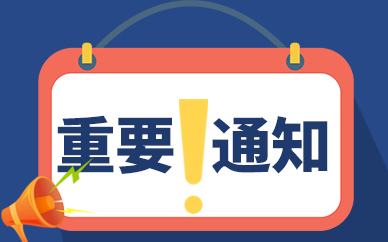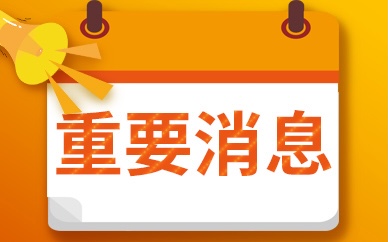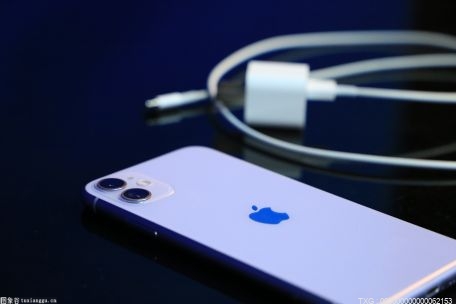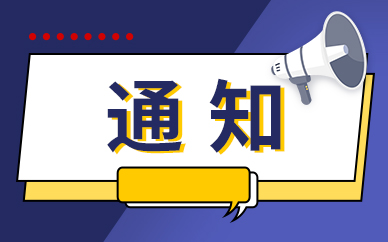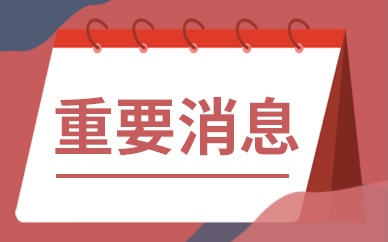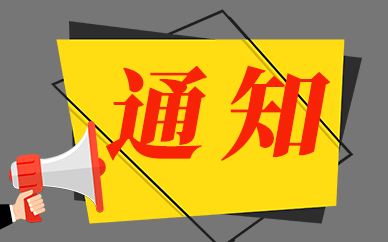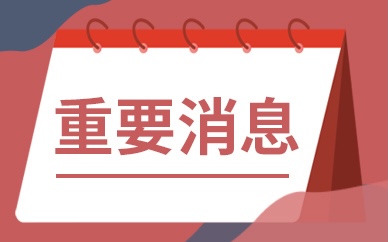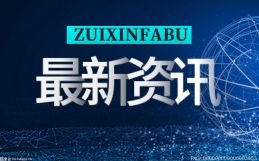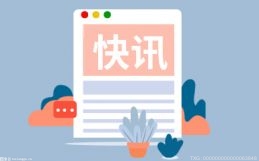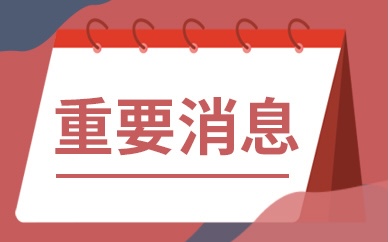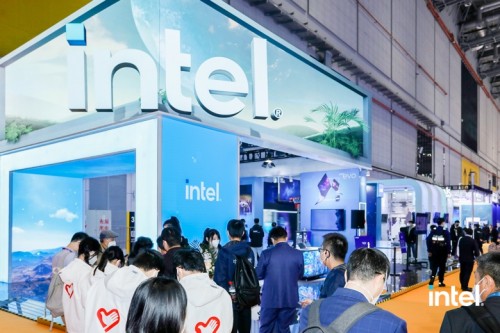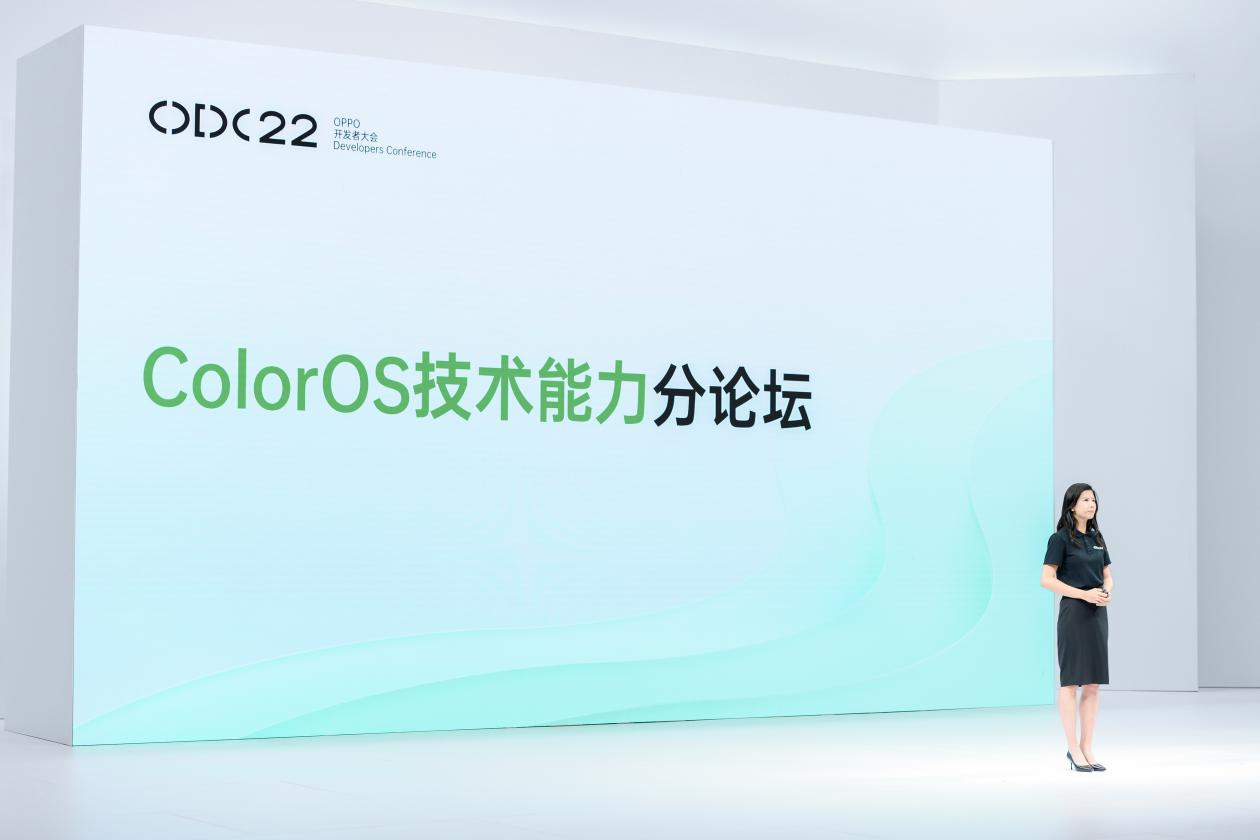 (资料图)
(资料图)
BEIJING, April 24 (TMTPOST) – Chinese phonemaker Xiaomi Corp’s (1810.HK) challenge to the seizure of Rs. 55.51 billion ($676 million) has been rejected by an Indian court, according to a news report last Friday.
In response, a Xiaomi spokesperson said, “we are studying the matter and waiting for the written court ruling,” adding that the company’s operations in India comply with related laws and regulations.
On April 27, 2022, the Indian Enforcement Directorate announced the seizure of Rs. 55.51 billion ($676 million) of assets from Xiaomi Technology India Pvt.’s bank accounts. The seizure was made on the grounds that Xiaomi and its Indian subsidiaries violated the provisions of India’s Foreign Exchange Management Act 1999 by illegally remitting money to foreign entities through royalty payments falsely claimed.
According to the Indian Ministry of Finance, Xiaomi India should have declared the royalties when importing phones and phone parts from overseas, and paid taxes accordingly. However, the company did not declare the royalties, resulting in a tax liability of Rs. 6.53 billion (approximately $550 million) from April 1, 2017 to June 30, 2020.
In response to the 2022 dispute, Xiaomi told the media that whether royalties, including patent license fees, should be incorporated into the price of imported goods is a complex technical challenge in various countries. The company stated that it would continue to communicate with the relevant authorities in India on this matter.
According to the prevailing international WTO Valuation Agreement, the price of imported goods should include all costs paid or payable for importing the goods. Furthermore, Article 8 of the agreement specifies that royalties should be subject to customs duties if the following conditions are met: the fee is related to the imported goods, the importer pays the fee directly or indirectly, and the fee must be paid if the goods are to be sold.
Under China’s Import and Export Tariff Regulations, which came into effect in January 2004, the duty-paid price of imported goods must include “royalties that must be paid by the buyer in connection with the goods”, as stipulated in Article 19.
As Xiaomi’s tariff issues with India persist, its market share in the country continues to decline.
IDC’s Worldwide Quarterly Mobile Phone Tracker shows that in 2022, the Indian smartphone market saw a decrease of 10% year on year, with only 144 million units shipped, the lowest since 2019. During this period, Xiaomi ranked the first in the market, shipping over 30 million units and capturing a market share of 21.0%.
In 2023, the Indian smartphone market got off to a tough start, with an unprecedent 20% year on year decline in shipments in the first quarter. The market is struggling with weak demand and high inventories. During this period, Samsung emerged as the top player in terms of shipments, with a 21% market share and 6.3 million units shipped, while OPPO surpassed Vivo and Xiaomi to secure the second place with 5.5 million shipments. Xiaomi slipped to the fourth place, shipping only 5 million units.
关键词:


















